
Darkest Los Angeles
Institute for the Radical Imagination NY, United StatesDennis Broe leads a group reading of his five Los Angeles novels set in the film-noir period of the late 1940s and early 1950s. The contradictions we will unearth in that postwar period, the period of crime films that visually documented this seedy reality, have never been resolved, only continually papered over, and so they resound today.
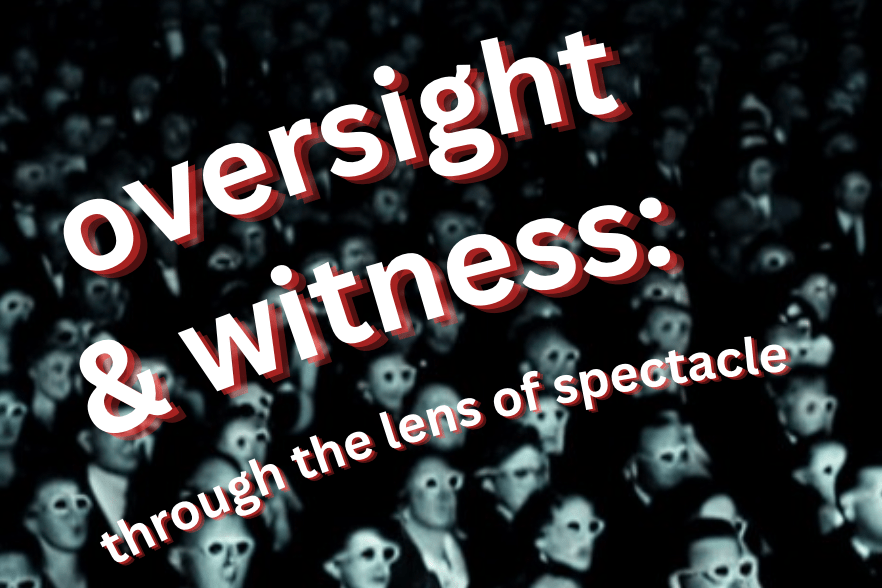
Through the Lens of Spectacle: Panel 1, Oversight
Online: Zoom link will be provided to registered participants“The spectacle is the bad dream of modern society in chains, expressing nothing more than its wish for sleep,” Guy Debord declared in The Society of the Spectacle (1967): it is “a permanent opium war.” A half-century later, the specter of the spectacle continues to haunt Marxist cultural studies. In two linked panels, the Yale Working Group on Globalization and Culture proposes to track “the worldwide division of spectacular tasks” from lens manufacture to retail logistics, stadiums to camptowns, polar expeditions to spring festivals, as well as revolutionary specters in novels and borders, assassinations and squares.
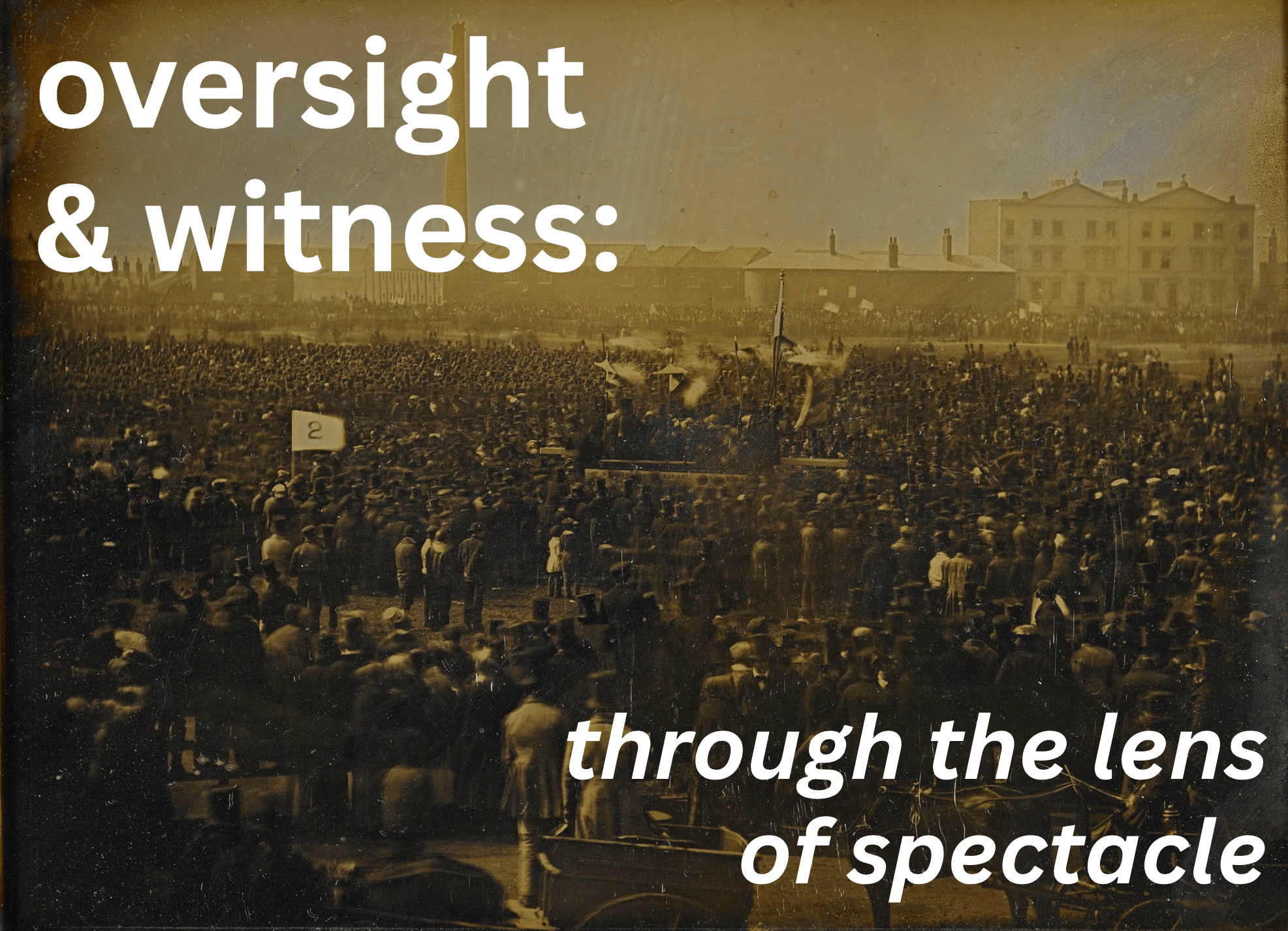
Through the Lens of Spectacle: Panel 2, Witness
Online: Zoom link will be provided to registered participants“The spectacle is the bad dream of modern society in chains, expressing nothing more than its wish for sleep,” Guy Debord declared in The Society of the Spectacle (1967): it is “a permanent opium war.” A half-century later, the specter of the spectacle continues to haunt Marxist cultural studies. In two linked panels, the Yale Working Group on Globalization and Culture proposes to track “the worldwide division of spectacular tasks” from lens manufacture to retail logistics, stadiums to camptowns, polar expeditions to spring festivals, as well as revolutionary specters in novels and borders, assassinations and squares.
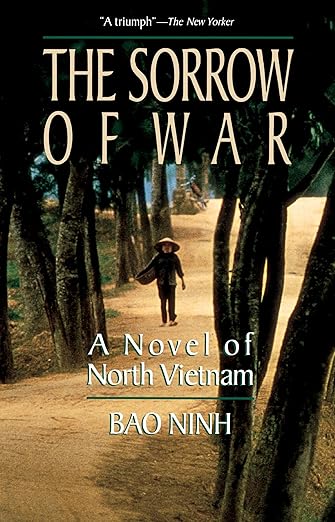
Literary Echoes of Vietnam’s 1975 Victory
Online: Zoom link will be provided to registered participantsWhile the bombs were falling, only a stone wouldn't be terrified. If the Americans noticed movement in the forest, they would eliminate the forest. Who knows how much money was spent? American taxpayers' money. If a cluster of napalm bombs were dropped, the jungle would turn into a sea of fire. Can you imagine a ... Read more

Trotsky in New York Walking Tour
Join Alex Steinberg and Daniel Lazare for a historical walking tour of Lower Manhattan as we explore some of the places where Leon Trotsky visited and worked during his nine week stay in New York in early 1917.

Aristotle, Hegel, Marx: A Philosophical Dialogue
Online: Zoom link will be provided to registered participantsJoin us for a dialogue on philosophical themes featuring the authors of two forthcoming books. Michael Lazarus is the author of 'Absolute Ethical Life: Aristotle, Hegel and Marx,' and Jensen Suther is the author of 'True Materialism: Hegelian Marxism and the Modernist Struggle for Freedom.'

Reading Death of the Author by Nigeria’s Nnedi Okorafor
Online: Zoom link will be provided to registered participants"To build a better future, we have to envision it first." Reading science fiction, discussing it together, and reading it politically, offers one tool for "envisioning" a future worth building. We continue our explorations of diverse points of view of social conflict and resolution, possible and imagined just worlds, here on Earth and perhaps afar.
Book Talk: Brian Kwoba on Hubert Harrison
Online: Zoom link will be provided to registered participantsBrian Kwoba will speak on his newly published book Hubert Harrison: Forbidden Genius of Black Radicalism and Harrison's prominent role in the early Socialist Party, IWW, and Black radicalism during the 1910s and 20s. Brian's visit forms part of our current study group on the Historical Roots of American Fascism. The following excerpt from the ... Read more

Reading Science Fiction Politically: Severance by Ling Ma
Online: Zoom link will be provided to registered participants"To build a better future, we have to envision it first." Reading science fiction, discussing it together, and reading it politically, offers one tool for "envisioning" a future worth building. We continue our explorations of diverse points of view of social conflict and resolution, possible and imagined just worlds, here on Earth and perhaps afar.

Resistance to Oppression: Reading Science Fiction Politically
Online: Zoom link will be provided to registered participants"To build a better future, we have to envision it first." Reading science fiction, discussing it together, and reading it politically, offers one tool for "envisioning" a future worth building. We continue our explorations of diverse points of view of social conflict and resolution, possible and imagined just worlds, here on Earth and perhaps afar.
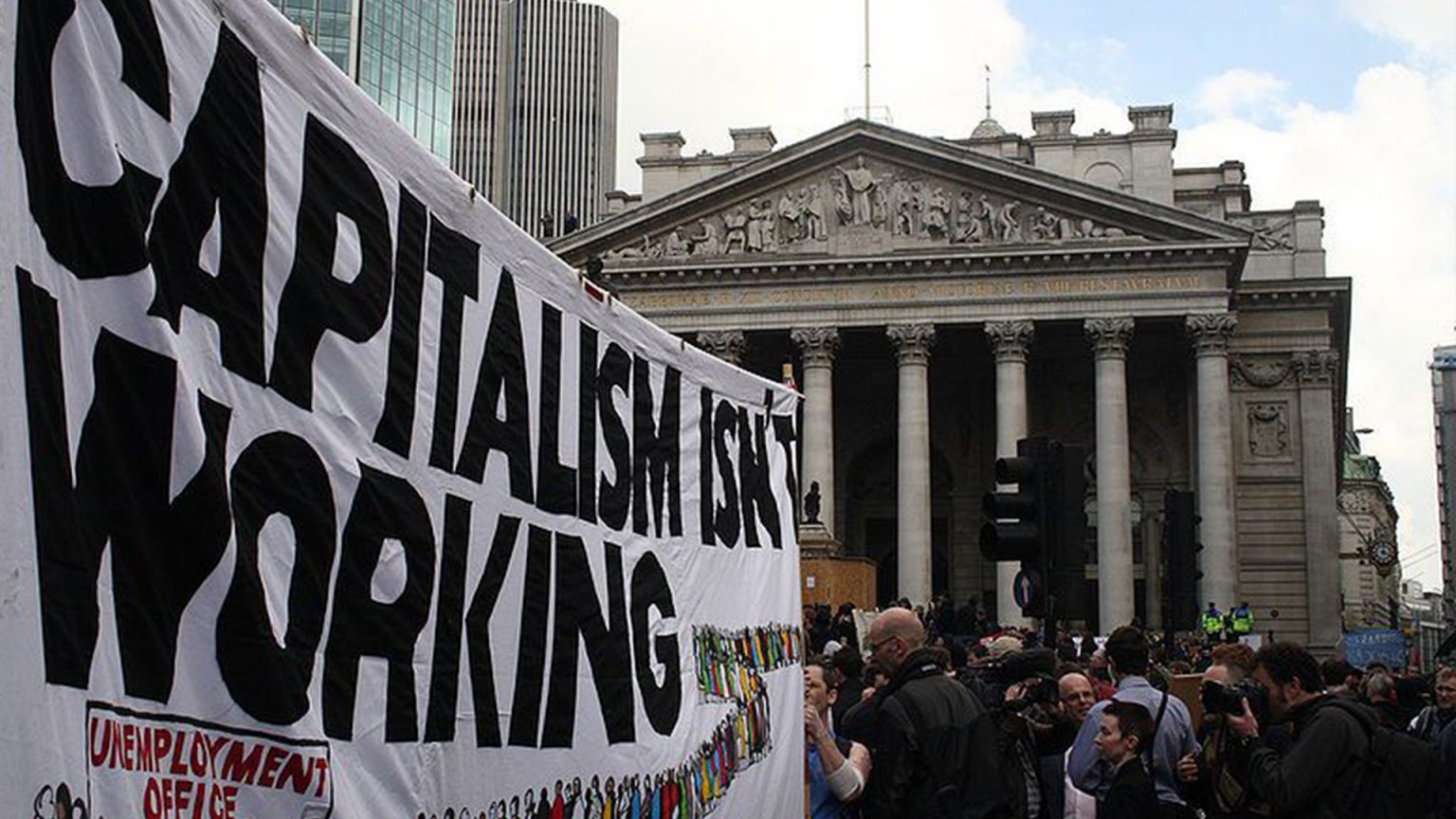
Reading Marx’s Capital, Volume III
Online: Zoom link will be provided to registered participantsA weekly study group covering Marx's Capital, Volume III, The Process of Capitalist Production as a Whole. This work integrates and completes Marx's analysis, enabling us to understand and make sense of how the phenomena we see occurring on the surface of society are related to the underlying system of capitalism.
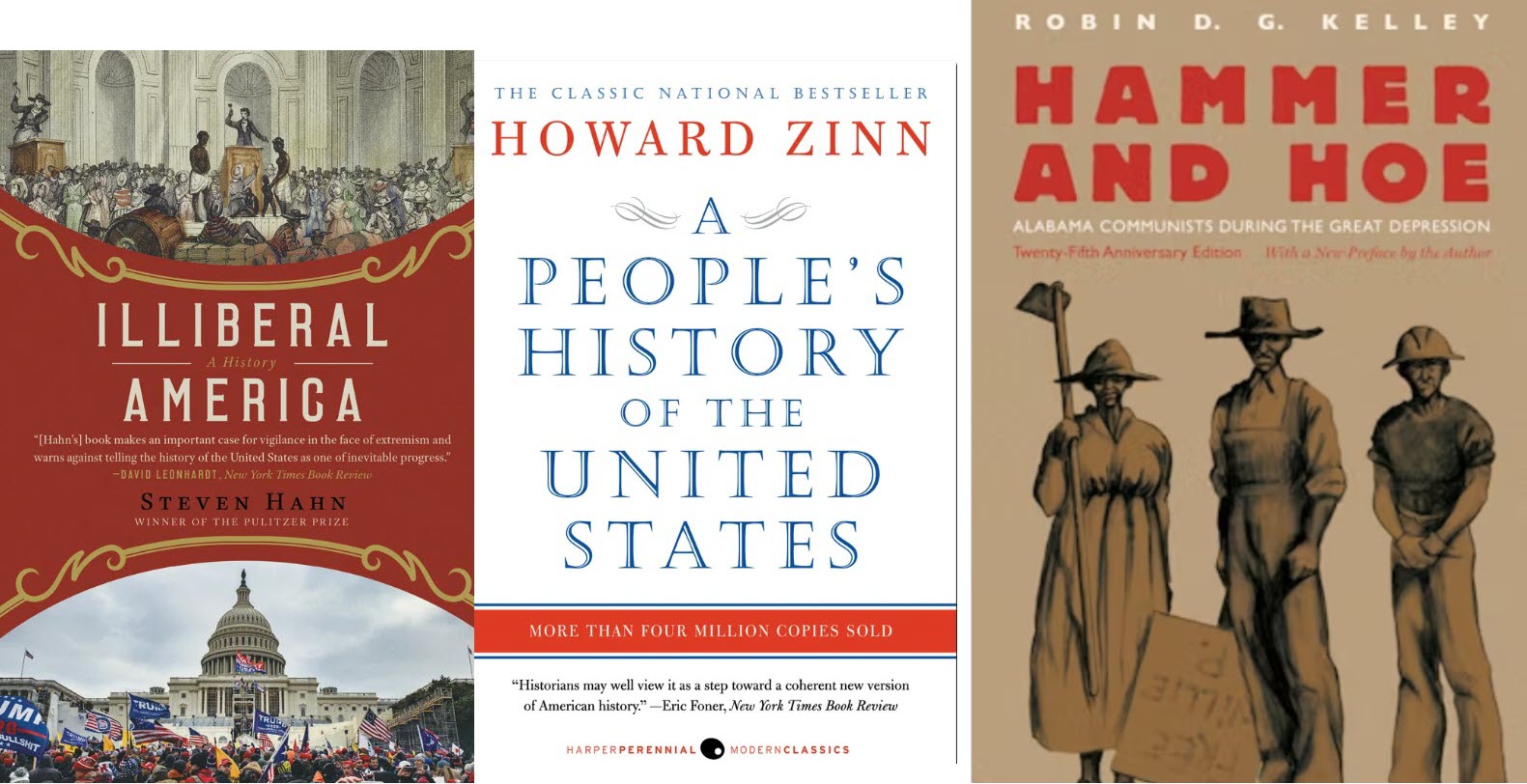
Historical Roots of American Fascism: Gilded Age to the Second World War
Online: Zoom link will be provided to registered participantsTake part in the Political Strategy Study Group’s sweeping look at the history and political significance of the major waves of struggle and counter-revolution in the United States. At present (July 2025) we are reading and discussing selections on the late 1800s (the "Gilded Age") through to World War II: Howard Zinn, People's History of ... Read more
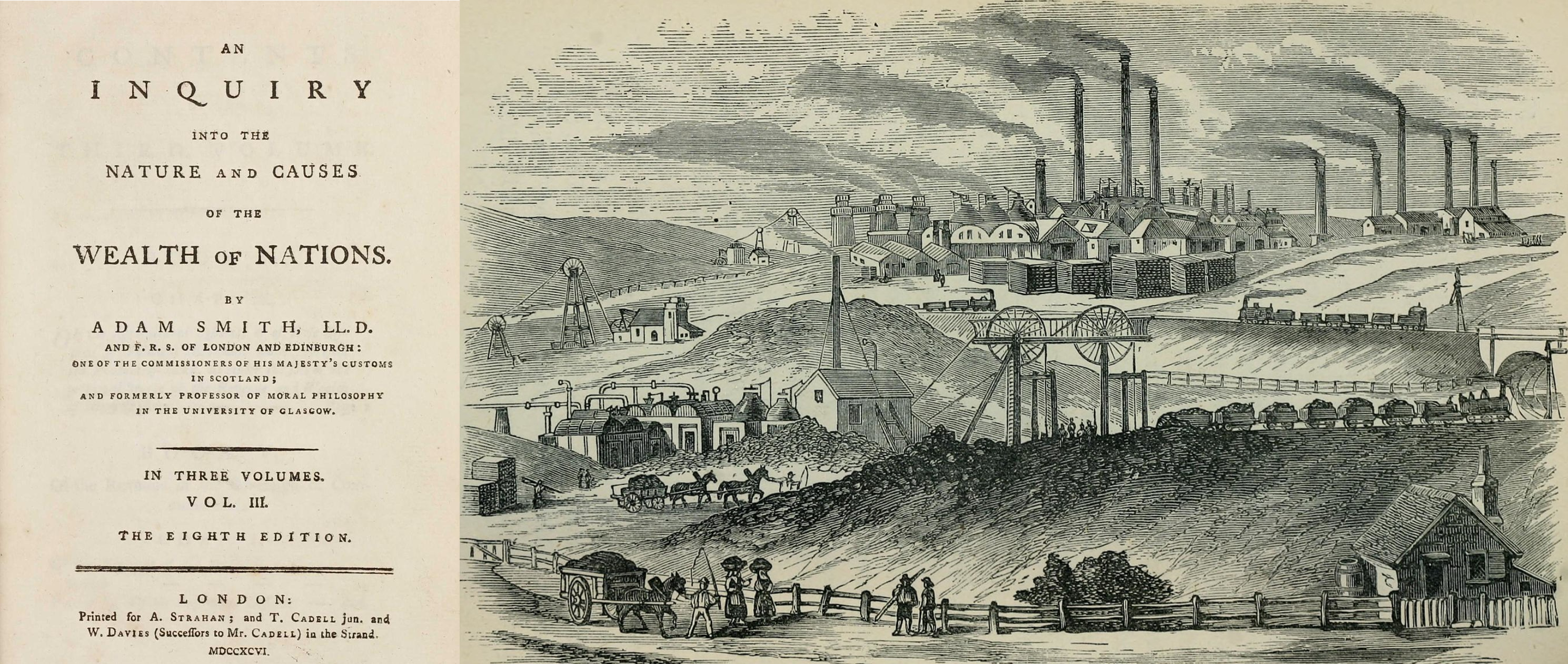
Adam Smith and ‘The Wealth of Nations’
Online: Zoom link will be provided to registered participantsAdam Smith deals with such issues as the so-called labor-theory of value, the equalization of the rate of profit, and the determination of commodity prices in important ways that anticipate Marx or require the corrections Marx provides. So, in this group, we will dive headlong into Smith's opus, The Wealth of Nations.

Hegel for Radicals: The Phenomenology of Spirit
Online: Zoom link will be provided to registered participantsOver 16 Saturdays, beginning March 8, we will read and discuss one of the most influential books of all time, Hegel's Phenomenology of Spirit. This massive retelling of humanity defies traditional divisions between history, philosophy, comedy, and tragedy.

Antonio Gramsci Studies: 2025 Series
Online: Zoom link will be provided to registered participantsThe continuing 2025 Gramsci Study Sessions will read and explore from: Selections from the Prison Notebooks Selections from Cultural Writings Selections from Political Writings Gramsci’s writings on international politics, as they relate to contemporary issues and conflicts. Participants may join in at any time. We share a vast archive of articles and secondary sources on ... Read more
